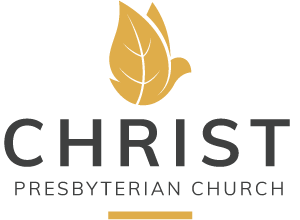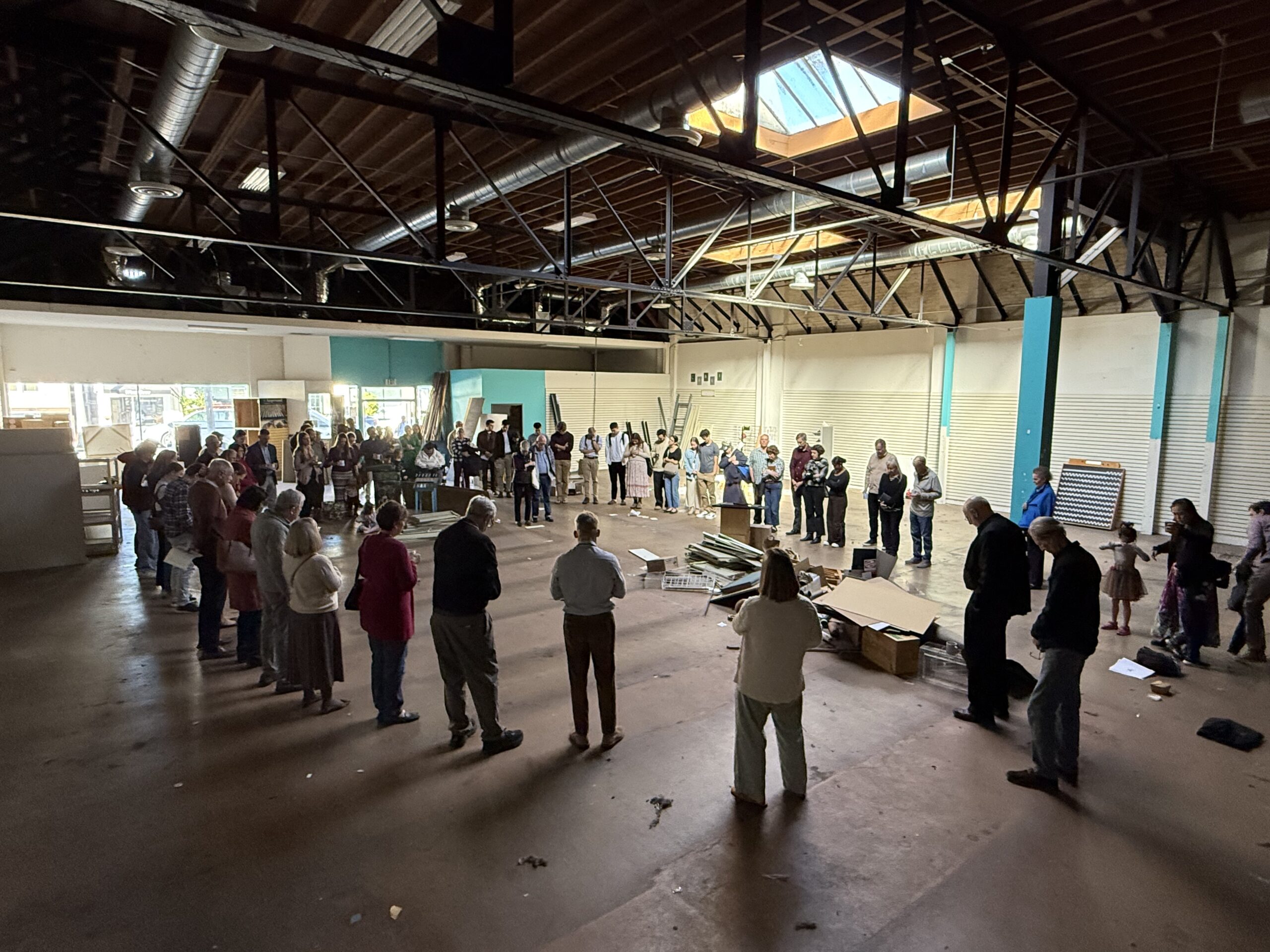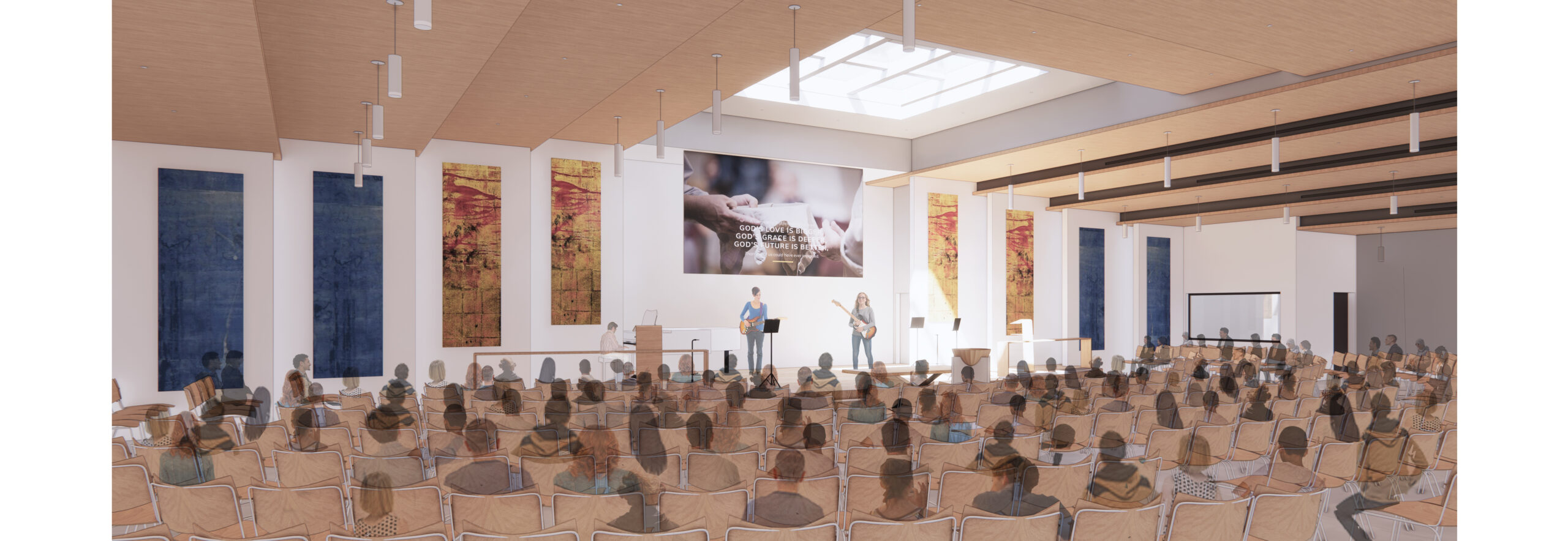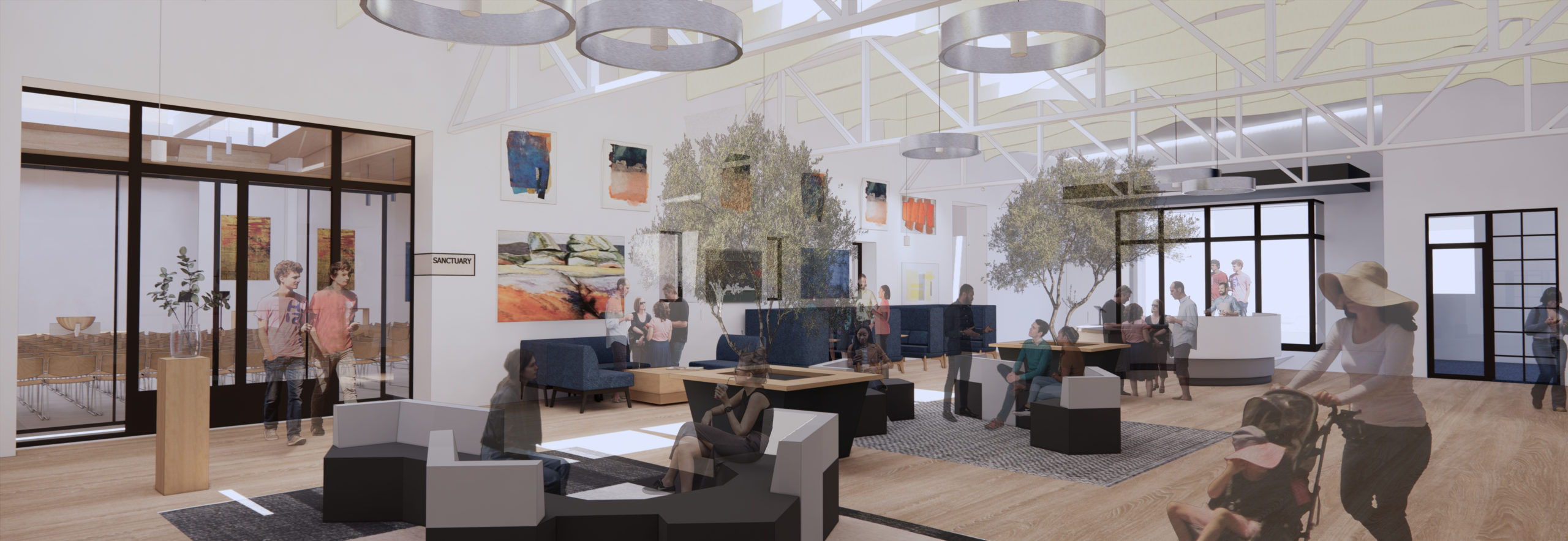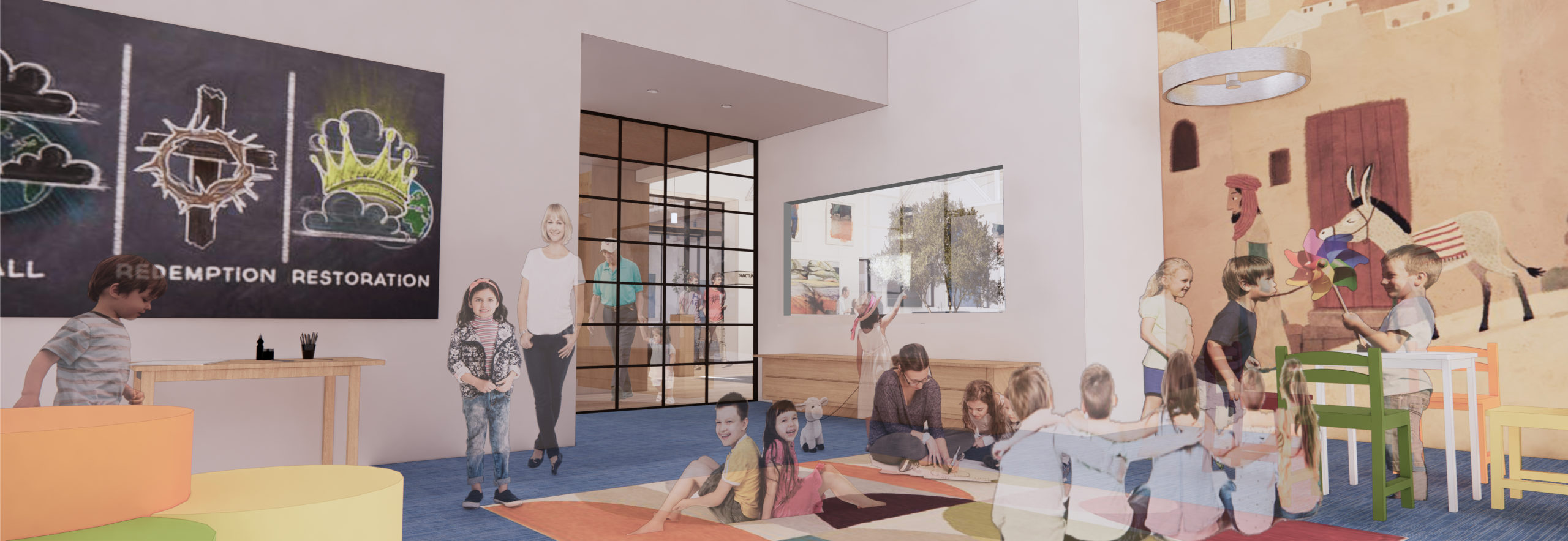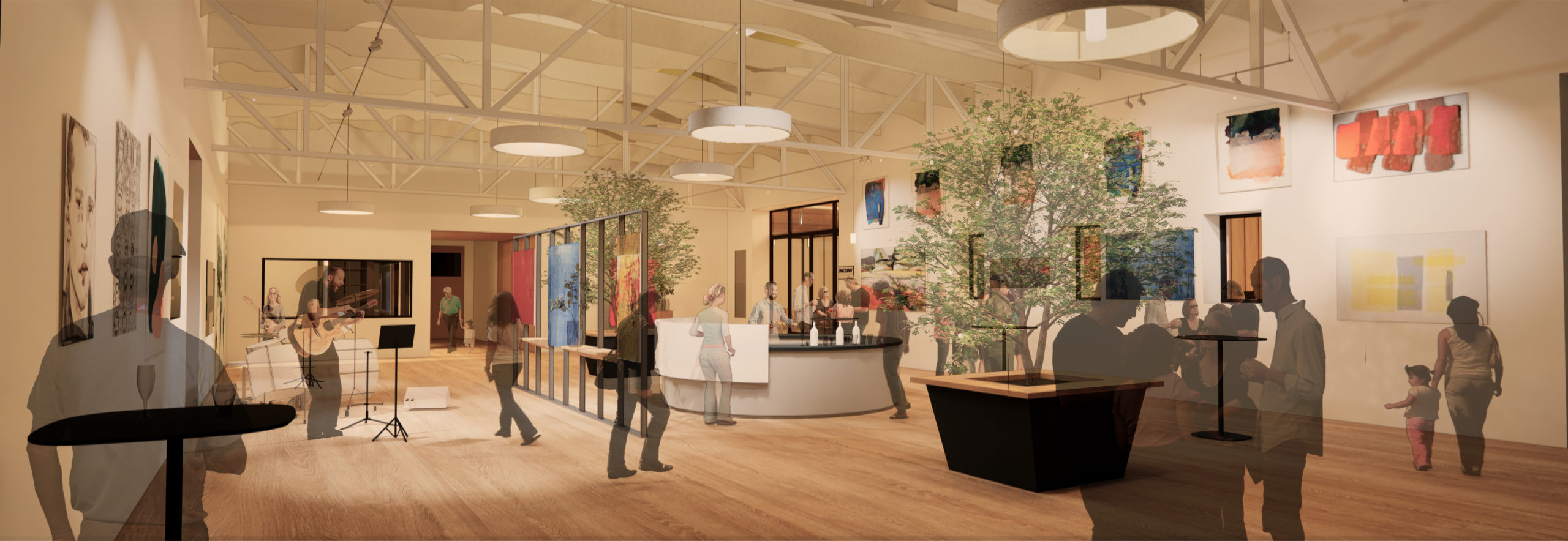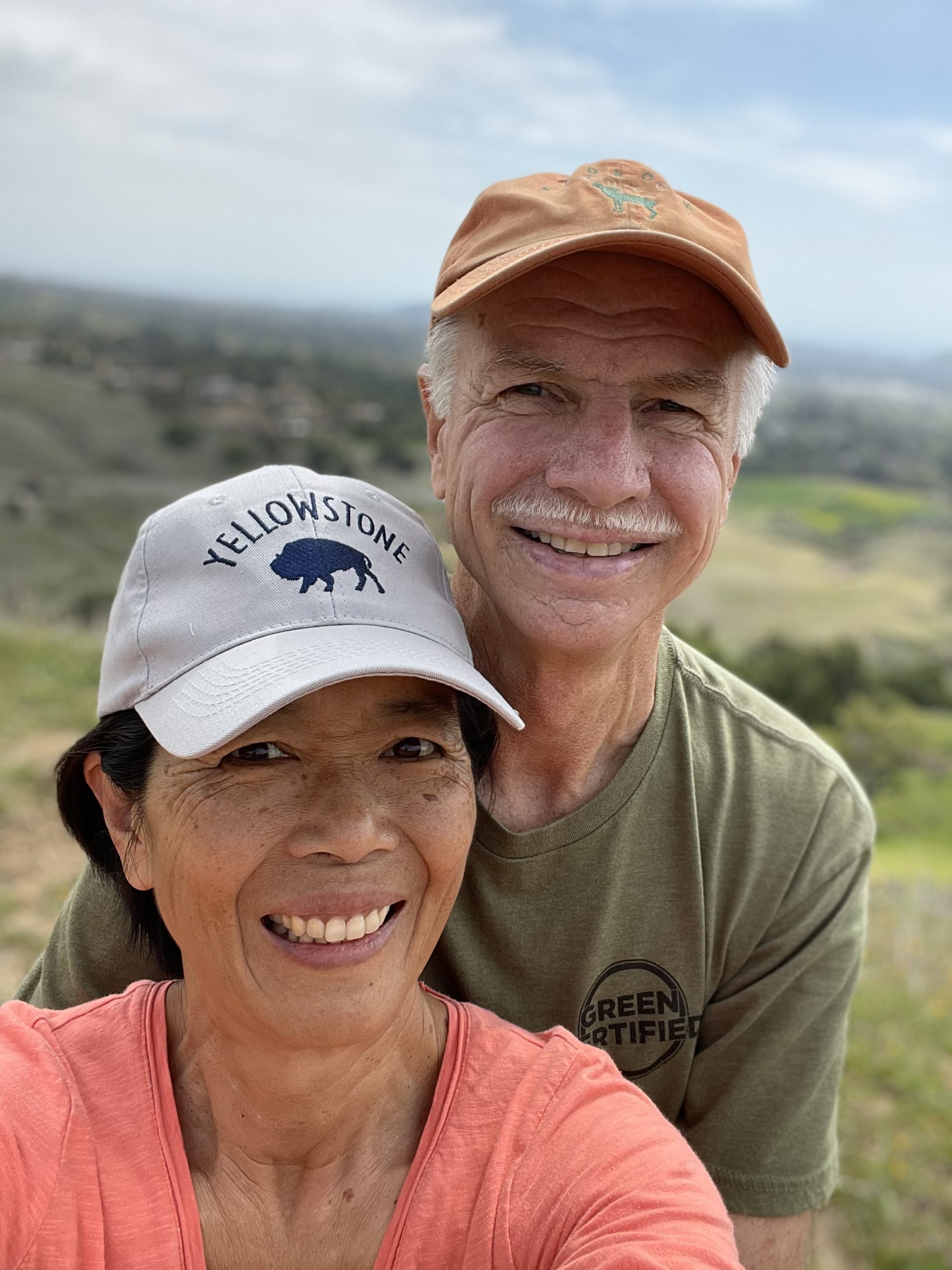Q: Why do we need to expand and renovate our space?
A: The Next Chapter campaign is the culmination of a four year discernment process. Studies show that once a church reaches 80% of its capacity, growth slows as visitors perceive a lack of space. For 7 of the last 8 years that we have been worshiping in our building, our attendance has exceeded this number. For three of those years, we have regularly surpassed fire-code limits. That is just the sanctuary. Children’s programs have been forced off-campus, staff members work out of closets, and ministry teams are regularly negotiating use of the conference room. We want to be a hospitable place where ministries flourish. It is time to expand.
Q: Where will we be meeting during construction?
Santa Barbara Community Church has generously offered to share their facilities with us during this time. The address is 1002 Cieneguitas Road, Santa Barbara, CA 93110.
Q: Will we have a new service time?
Yes, our worship service will move to 4:00pm while we share SBCC’s worship space.
Q: What will children’s ministry and childcare look like in the new location?
We are welcome to use the children’s areas in our temporary facility; the children’s ministry will continue as usual. One difference is that there is a “cry room” for parents who would like to use it.
Q: Will we still have activities before and after the worship service like events, training, and pre-service learning?
Yes, we plan to continue to offer pre-service learning as well as events after worship like we do in our current space. Of course, meals are likely to be dinners instead of lunches because of the change in service time!
Q: Will my volunteer commitment responsibilities remain the same?
The staff are planning to maintain our regular rhythms as much as possible. While there may be some changes, team leaders will reach out to you in advance with any potential modifications to routines and responsibilities.
Q: When will we move from 36 E Victoria to the temporary location?
Our last Sunday of worship in our current space will be June 15, 2025. Our first Sunday worshiping in the afternoon on the campus of Santa Barbara Community Church will be June 22nd, 2025.
Q: Are we doing anything special to mark the end of our time in the current space as it now stands?
Yes, the staff has already begun planning opportunities for remembrance, gratitude, and reflection as we make this tangible transition.
Q: Will we have access to our current space while we are worshipping elsewhere?
No, it will be closed for demolition and construction. We will have removed everything from the building and will be storing the things we need, whether those are being used for worship in our temporary space or being stored longer term elsewhere.
Q: How long will we be worshipping at the temporary location?
The precise timeline is uncertain. We anticipate returning to our building in spring or summer 2026.
Q: How can I help?
Immediate needs are for storage to put the things we want to keep (piano, furniture, sound equipment, etc.) Please pray for the staff and leadership during this time of transition as they seek to make the best use of our resources; work under changing and flexible conditions; and continue to shepherd and care for the congregation. Also, please be in prayer for the building and construction work that is happening.
Q; In what ways are we called to serve Santa Barbara Downtown?
Originally, when the church started, there weren’t enough evangelical churches downtown. Continuing/going forward, we believe it’s good for the church to be salt and light in this location. A feasibility study was done, and based on needed capacity and options for buying various buildings that might be available, it was determined that it was most cost-effective to use and modify the current space. We also wanted to maintain our unique role rather than morphing into a role mimicking that of other local churches.

